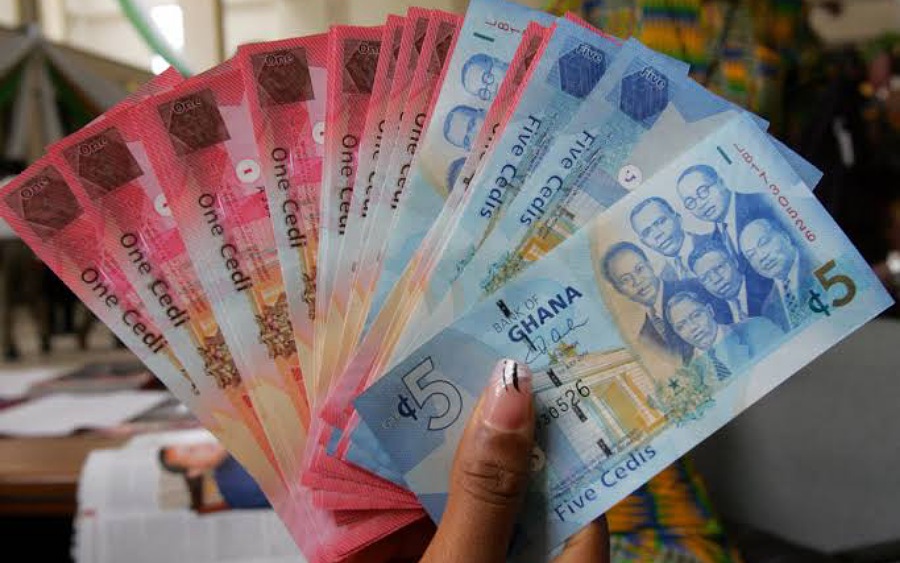(3 minutes read)
Ghana’s central bank raised its benchmark lending rate by another 50 basis points to 30% in order to raise the cost of borrowing. The move has taken financial markets by surprise.
Ghana’s central bank raised its benchmark lending rate by another 50 basis points to 30% in order to raise the cost of borrowing. The move has taken financial markets by surprise. The move is designed to stem hyperinflation, trim public debt, and stabilize Cedi, which has lost its value vis a vis dollar considerably in recent times. Annual inflation accelerated to 42.5% in May and June after slowing from 54% last December.
The central bank has been raising rates since late 2021, with only a few pauses in between the hiking cycle. Ghana defaulted on most of its debt repayments last year and sought relief from its lenders. In May this year, the cocoa and oil producer sealed a US$3 billion bailout loan from the International Monetary Fund.
Read Also:
https://trendsnafrica.com/ghana-passes-legislation-to-ease-cannabis-cultivation/
https://trendsnafrica.com/oil-refinery-in-ghana-to-become-operational-soon/
https://trendsnafrica.com/slow-vaccination-coverage-of-hpv-vaccines-in-ghana-due-to-high-cost/
Under the IMF deal, the country must implement strict spending cuts, end subsidies, and increase tax collection. The raising of the key interest rate is likely to add further strain to households and businesses grappling with the high cost of living and weighing on economic growth.





